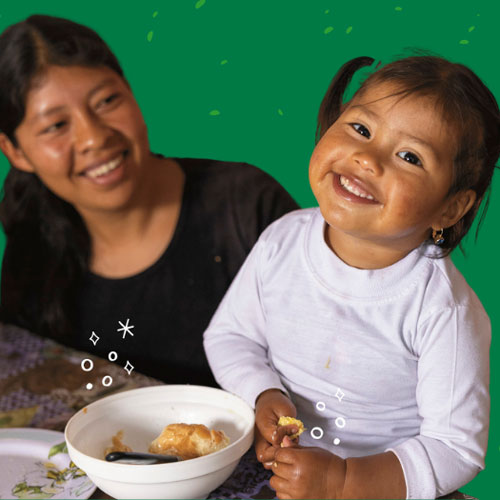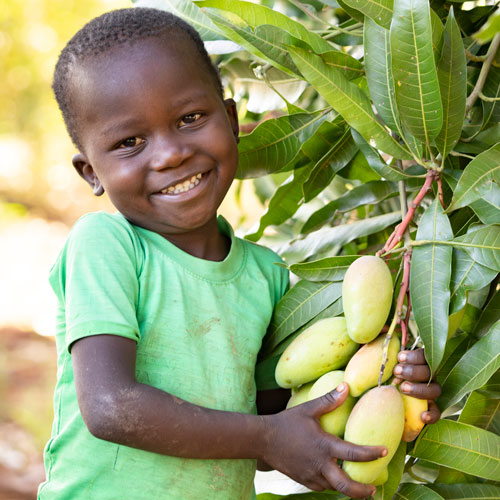Minister for Foreign Affairs Julie Bishop has launched the Coalition’s foreign policy agenda, stating that it intends to deliver a ‘sustainable, effective and affordable aid program that helps developing countries reduce poverty and promote sustainable economic growth’.
The policy includes a welcome proposal to establish regional health security partnerships to tackle emerging health issues in our region. ChildFund Australia CEO Nigel Spence said: “We welcome the Coalition’s decision to prioritise health outcomes in our region. Preventable diseases in the Asia-Pacific can be life-threatening for thousands of already vulnerable children and families living in poverty, and present health risks for Australians.
Mr Spence added: “The extremely high incidence of tuberculosis (TB) in Papua New Guinea is now being referred to as a pandemic, which is resulting in more cases of multi-drug resistant TB. The latter is extremely difficult to treat, even in Australia. For a child living in a remote community of Papua New Guinea, without access to even basic healthcare, it means almost certain death.
“Malaria is also of extreme concern; globally one child loses their life to this disease every minute. Even when not life-threatening, it can have a serious impact on child health – infection during pregnancy can lead to other complications, and children who are repeatedly ill may become anaemic, impacting their long-term growth and development.”
The Coalition policy also proposes a Pacific Women Mentoring Programme to encourage more women in the Pacific to take on leadership roles, particularly in policy making.
“ChildFund is very supportive of programs which promote gender equality,” said Mr Spence. “Promoting the human rights of women and girls and addressing the disadvantages they face is essential for all poverty alleviation initiatives. We know that where we can provide opportunities for women to obtain leadership positions, to be heard, and participate in their communities, the positive social and economic benefits for local communities can be significant.”
However, the fact remains that the Australian Government’s overseas development assistance budget is at its lowest ever level.
Mr Spence said: “Australia has committed itself to the Sustainable Development Goals, which include increasing our aid funding to 0.7 per cent of GNI by 2030. However, neither of the major parties is willing to commit to a timeline for meeting this goal.
“This is why ChildFund is urging all political representatives to agree to a bi-partisan aid policy, one that will restore funding levels and ensure that we can continue to provide effective and life-saving support to vulnerable children and families in our region and beyond.”








